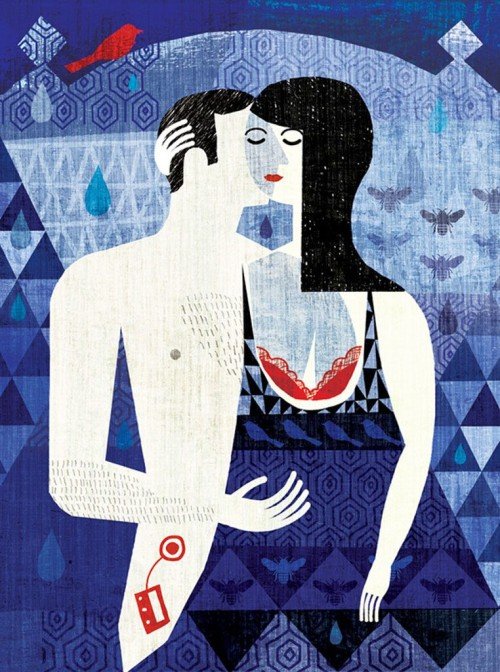The arts stimulate imagination, amplify everyday life activities and often enable people to understand messages better when carried through visuals. Students at the University of Johannesburg (UJ) Faculty of Art, Design and Architecture (FADA) use visual arts to spread messages discouraging risky student behaviour in sexual and reproductive health activities.
This prevention practice was shared with fellow youth at other higher education institutions in the South African Development Community (SADC) at the recent third edition of the Southern African Regional Student & Youth Conference (SARSYC), held at the University of Zambia (UNZA). Nine UJ students, including two staff members at UJ attended the conference to showcase the influence of the arts in preventing risky health behaviours among the youth.
The main purpose of this conference was to encourage the SADC region governments and different stakeholders to effectively plan, prioritise and prevent sexual and reproductive health and rights (SRHR) issues affecting students and youth. Some of the issues young people battle with include; stigma against people living with HIV, Gender-Based Violence, unplanned pregnancies, and abortion as well as support for individuals in marginalised communities – such as the Lesbian, Gay, Bisexual, Transsexual, Queer, Intersex + (LGBTQI+) and People with Disabilities (PWD).
The UJ Institutional Office for HIV and AIDS (IOHA) is one of the vibrant and educational stakeholders leading campaigns and conversations in the higher education sector.
“The conference creates a platform for various institutions and young people to come together, with the intention to deliberate on SRHR issues and share innovative ways on how delegates are addressing stipulated issues in the SADC region. In concluding the forum, youth shared conference resolutions with various structures such as health ministries, policy makers and donors with a call to help bring about necessary change within SRHR service deliveries,” says Mr Fhatuwani Ligege, IOHA HIV Programme Coordinator.
Youth and students in Southern African countries face numerous challenges affecting their health and wellbeing, thus negatively affecting their chances at academic and socio-economic success. The UJ students and staff members presented a very brief and effective way in which students and peer educators can use their creativity in designing messages that engage meaningfully and influence their peers positively.
“Participation in such conferences contributes towards UJ’s global footprint and 4IR practices, which shape and influence communication strategies and access to information. It is therefore key for UJ-IOHA, as a centre of excellence in HIV epidemic response, to adapt to these changes and contribute to the on-going conversations of innovation and technologies in HIV prevention, through sharing evidence-based practices,” says Ms Rainny Nkhatho, Head: IOHA.
Additionally, IOHA peer educators performed a short drama, called ‘Sex in the City’ that highlights SRHR issues at university campuses. They also represented SA delegates in a debate session where they competed with four other countries, on topics relating to Masculinity, Sexuality, and Equality, emerging at second position against Zimbabwe.
